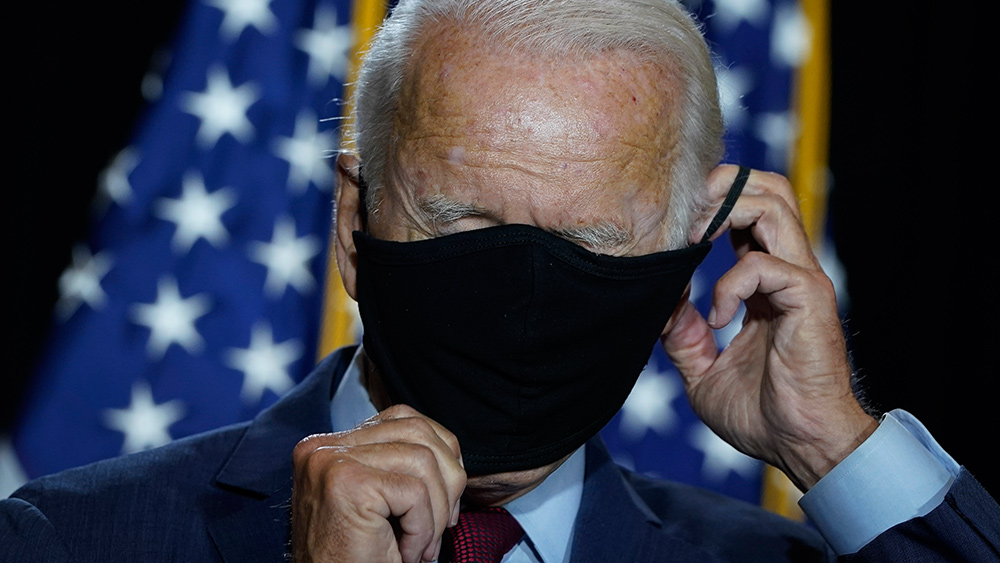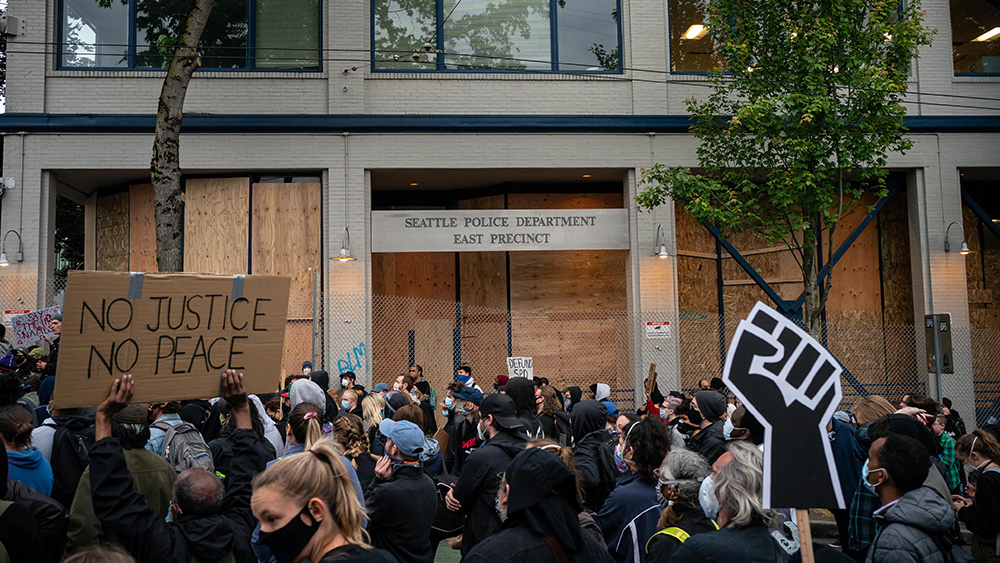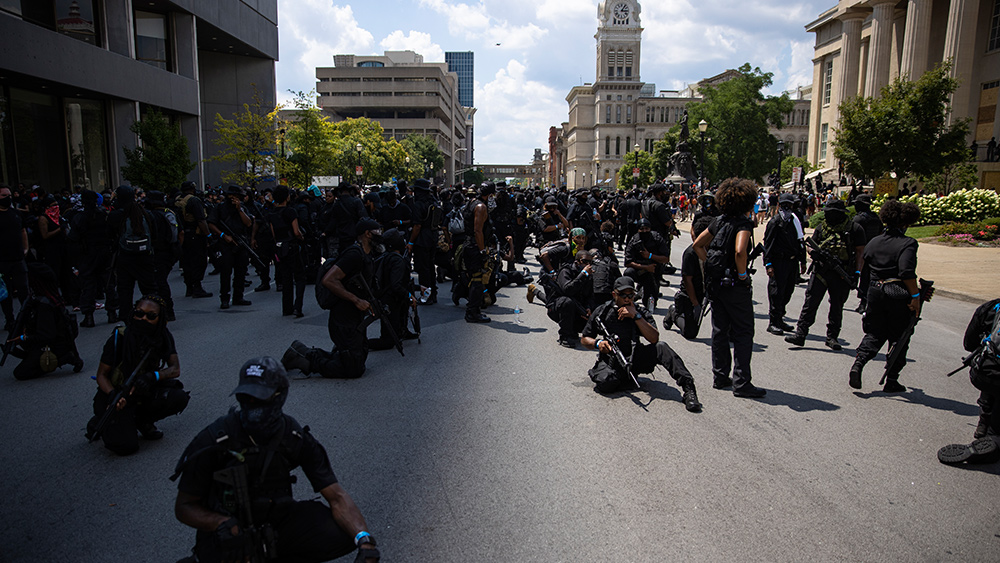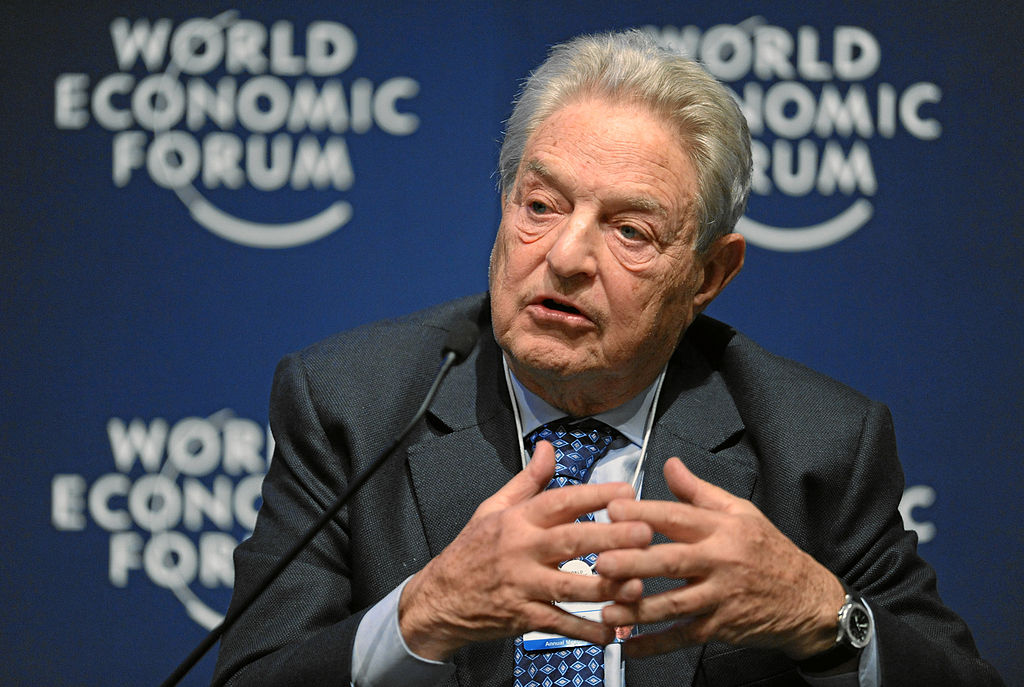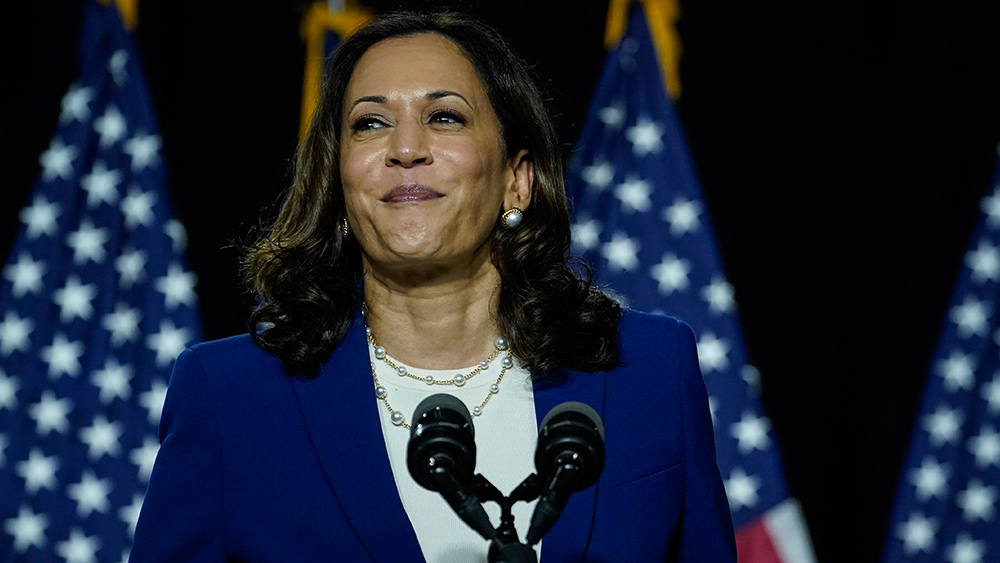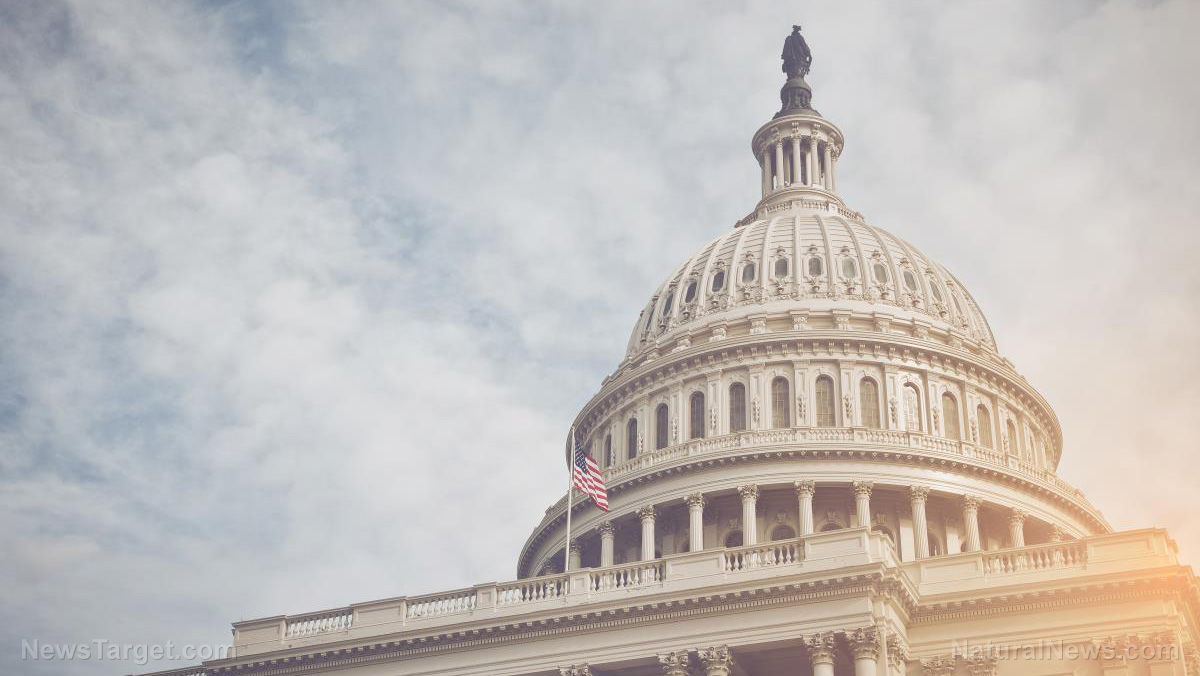Big Pharma abandons all remaining traces of reputable science with mad rush to release COVID-19 vaccines
09/24/2020 / By Ethan Huff

Describing the approach of Pfizer in getting its “warp speed” Wuhan coronavirus (COVID-19) vaccine to market before anyone else, Eric Topol, the editor-in-chief of Medscape, used the words “Olympic record” to suggest that the process is being rushed with little regard for sound science.
As the company competes with other drug giants like AstraZeneca to unveil the world’s first plandemic jab, Pfizer, in partnership with BioNTech of Germany, is aiming to cross the vaccine trials finish line by as soon as Sept. 27.
If successful, Pfizer will presumably launch its Wuhan coronavirus (COVID-19) vaccine not long afterwards, just in time for the Nov. 3 election. And it is all thanks to President Trump’s “Operation Warp Speed” program to fast-track approval for Wuhan coronavirus (COVID-19) vaccines at the speed of light.
“I’ve never seen a trial where there were four interim analyses,” Topol, who also directs the Scripps Research Translational Institute in La Jolla, Calif., explained. “It’s obvious why it is being done: so you can just keep looking at the data to try to win a race.”
Of the roughly 44,000 people that have participated in Pfizer’s vaccine trials, 32 are confirmed Wuhan coronavirus (COVID-19) cases. Pfizer’s goal is to reach 164 cases, though these four interim analyses are designed to capture a preliminary result even before that target.
While AstraZeneca has had to halt its trials due to participants developing severe adverse events, Pfizer is plugging right along to beat out its competitor, and hopefully gain favor from the Food and Drug Administration (FDA).
According to Marie-Paule Kieny, a former official at the World Health Organization (WHO) who now heads up research at the French health-science company Inserm, these four early looks by Pfizer could give the company an “easy route” towards FDA approval, as the agency is only requiring that vaccine candidates reduce the number of symptomatic cases by half.
“It seems that there are different levels of stringency,” Kieny stated during an interview, noting that the Pfizer-BioNTech trial does not come out “as a star of stringency.”
FDA approving new COVID-19 drugs, vaccines based on “limited data”
Pfizer, by the way, colluded with Merck during the Obama years to obstruct health care reform and align it more with Big Pharma’s interests in mind.
Moderna, meanwhile, in partnership with Anthony Fauci and the National Institute of Allergy and Infectious Diseases (NIAID), has its own case target of 151 diagnoses. Currently, the tally is somewhere around 53 cases.
“All trials have set the bar quite low for what they test against,” admitted Rasmus Bech Hansen, CEO of Airfinity, a London-based analytics firm that is tracking all of Big Pharma’s Wuhan coronavirus (COVID-19) vaccine trials.
Company spokeswoman Amy Rose told Bloomberg in an email that Pfizer’s trial was specifically designed to evaluate its vaccine candidate “as fast as possible.” This is evidenced by the company’s four interim analyses, the summation of which are expected to yield results by as soon as October.
Even if Pfizer’s vaccine, along with the others, makes the November election deadline indicated by Trump, none of the drug companies involved will have definitive data about whether or not their vaccines reduce hospitalizations until at least February. And yet they still could gain emergency approval a lot sooner.
“Treatments such as Gilead Sciences Inc.’s antiviral remdesivir and convalescent plasma – a soup of immune factors taken from the blood of recovered Covid-19 patients – have already been authorized on the basis of somewhat limited data,” writes Robert Langreth for Bloomberg.
More of the latest news about the Wuhan coronavirus (COVID-19) and a rush towards a vaccine can be found at Pandemic.news.
Sources for this article include:
Tagged Under: Big Pharma, CCP, China, China Virus, Chinese Communist Party, Chinese military, coronavirus, covid-19, mad rush, outbreak, pandemic, Pfizer, Plandemic, pseudoscience, vaccination, vaccine, vaccine wars, vaccines, Wuhan coronavirus
RECENT NEWS & ARTICLES
COPYRIGHT © 2017 RIGGED NEWS

